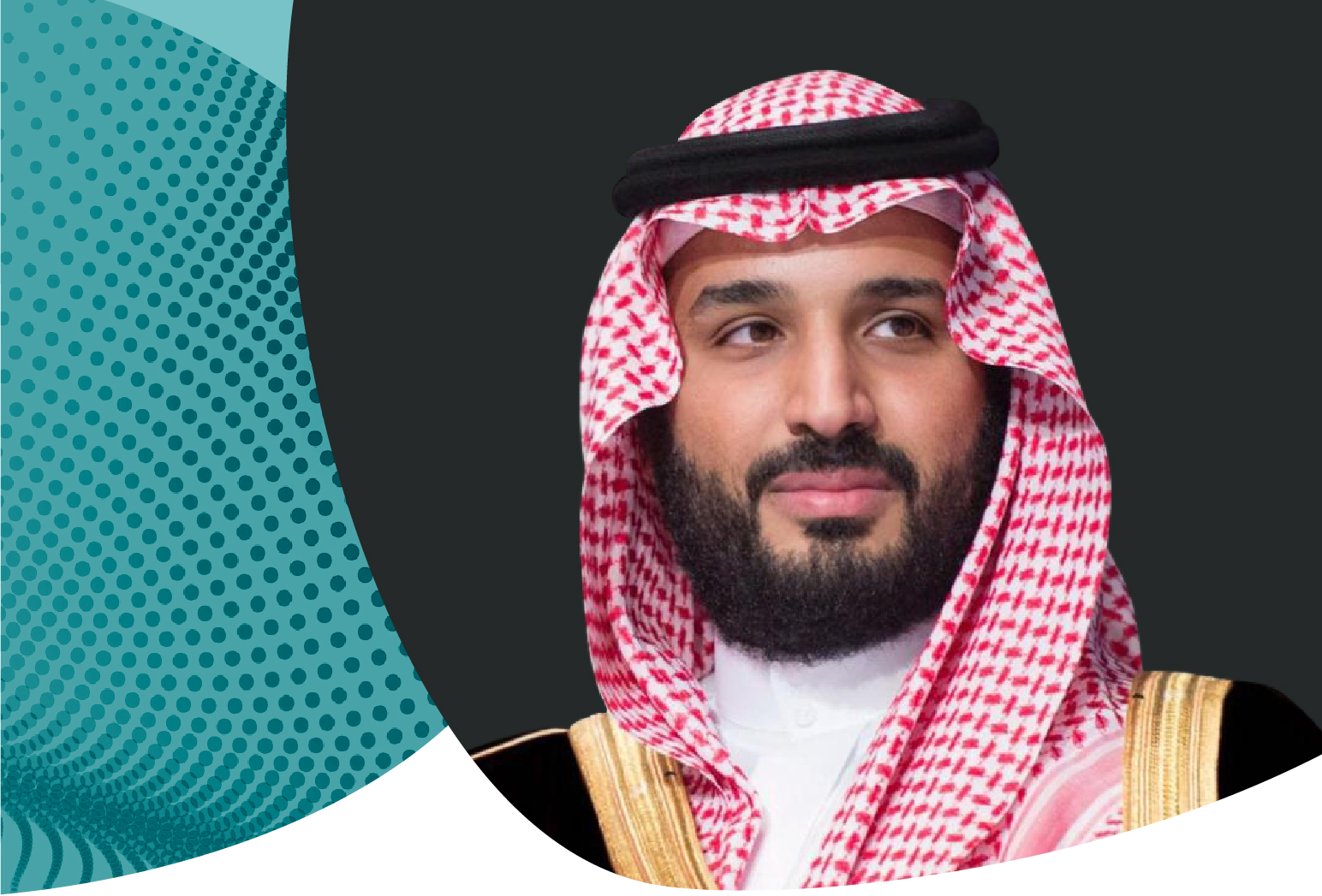His Royal Highness the Crown Prince launches new KAUST strategy

His Royal Highness Prince Mohammed bin Salman bin Abdulaziz Al Saud, Crown Prince, Prime Minister, and Chairman of KAUST Board of Trustees, launched today the new strategy of the University. The strategy aims to transform research into economically productive innovations by focusing on the national priorities for research, development, and innovation: Health and Wellness, Sustainable Environment and Essential Needs, Energy and Industrial Leadership, and Economies of the Future. Additionally, the strategy aims to strengthen KAUST’s partnerships with both the public and private sectors, which will contribute to achieving the objectives of Vision 2030.
HRH the Crown Prince said: “Since the foundation of KAUST, it has distinguished itself with its research, innovations, and faculty, to become one of the leading research universities in the world. The new strategy builds on KAUST's scientific and academic achievements and represents a new era for the University to become a beacon of knowledge and a source of inspiration and innovation in line with Vision 2030 aspirations for the betterment of the Kingdom and the world.”
The new strategy focuses on increasing the likelihood of turning research into economically beneficial innovations. This ambition will be achieved through three major initiatives: the launch of the National Transformation Institute for Applied Research (NTI) to accelerate technology development and commercialization to support the Kingdom's economic diversification aspirations; the restructuring of research centers to align with national priorities for research, development, and innovation; and the creation of a $200m fund (SAR750 million) to deliver unmet investment in local and international firms specializing in high-tech, which will enhance economic diversification and contribute to the creation of high quality technical jobs.
The strategy also aims to provide quality opportunities for researchers, faculty staff, and students, supporting them to apply science and research to create a sustainable global impact by strengthening international and local partnerships. Among the most important initiatives resulting from these partnerships is the KAUST Reefscape Restoration Initiative, in partnership with NEOM, which will focus on cultivating and restoring hundreds of thousands of coral reefs on an area of 100 hectares, on Shushah Island in the Red Sea. Additionally, KAUST will continue collaboration with some of the largest companies in the Kingdom and the world, such as Aramco, SABIC, ACWA Power, IBM, Dow, and Boeing. One of the most prominent initiatives of the strategy is to strengthen international partnerships and develop cooperation frameworks with leading academic institutions and technology pioneers in the world. This includes forging strategic cooperation agreements with leading academic and commercial institutes in the Chinese city of Shenzhen to collaborate on applied research across cutting-edge fields like aerospace, robotics, and microelectronics.
Through these initiatives and partnerships, KAUST will contribute to developing the higher education ecosystem, nurturing the future scientific research pioneers in the Kingdom, promoting research and global innovation, and stimulating the growth of advanced technology startups. This will enhance the competitiveness of the Kingdom's economy and its global position as a leader in innovation.
KAUST's strategy is built upon its legacy and global academic status, as the University boasts a remarkable history adorned with numerous world-leading achievements since its foundation. It ranked first in the world in terms of "citations per faculty", according to the (QS) 2021 classification. The university's research production is also included in the most important 25% of the highest-ranked scientific journals worldwide, surpassing its peer prestigious universities. Through its talent outputs, KAUST has contributed to the world by providing highly skilled professionals who now hold leadership positions and work as CEOs and researchers in various major international institutions, such as NASA, the Massachusetts Institute of Technology, and NEOM, among others.

